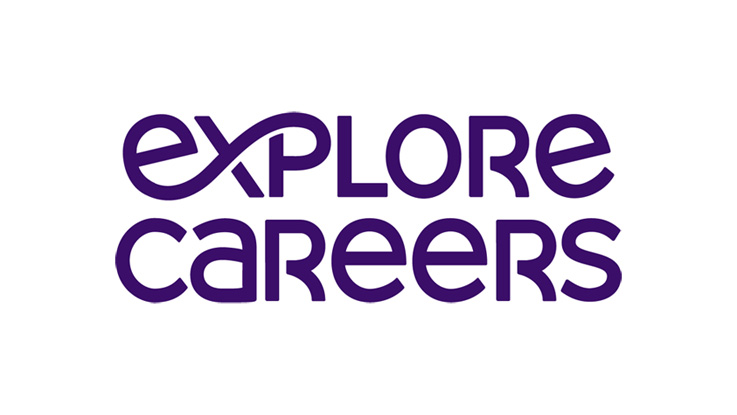
Realistic
Keywords:
physical
outdoors
hands
on the road
machines and equipment
animals.

Psychologist John Holland developed the RIASEC assessment tool. He believed that people are most successful in jobs that match their personality.
To explore these personalities, click on each of them below.

Keywords:
physical
outdoors
hands
on the road
machines and equipment
animals.

Keywords:
analytical
inquisitive
gaining knowledge
continuous learning
specialist.

Keywords:
artistic
original
creative
design
expression.

Keywords:
contact
helpful
service-oriented
social
understanding
empathetic
teaching

Keywords:
convincing
final responsibility
directing people
taking financial risks.

Keywords:
organising
administrative
reliable
accurate
legal
regulating
process-based
procedural
Realistic people prefer to engage in physical labour and enjoy operating machines or vehicles.
Realistic professions involve outdoor work, work with animals or require you to get your hands dirty.
A realistic career is the opposite of an office job where you sit inside all day (although there may be tasks you need to perform at your desk).
Common hobbies of realistic people are having pets, fixing cars or other vehicles, and outdoor sports such as mountain biking or running.
Realistic career options include:
Investigative people are curious, analytical and like to learn.
Investigative careers require you to analyse the tasks at hand carefully.
Many investigative professionals are experts in their field and solve problems through research and analysis.
Typical hobbies of investigative people include chess, learning different languages, or developing skills just for the fun of it.
Investigative career options include:
Artistic people are creative and original by nature.
Artistic professions often involve design and expression.
Artistic or creative careers require you to view the world from a new, unique perspective. This may be through images, language, or ideas themselves.
Typical artistic hobbies include painting, photography, writing, cooking, crafts, design and visiting museums.
Artistic career options include:
Social people enjoy assisting or helping others.
They may also enjoy teaching or showing others how to do things.
Many social careers require collaboration with others or learning and sharing information.
Social people generally prefer hobbies such as team sports, volunteering, and group activities with friends.
Social career options include:
Enterprising people like to take initiative, are willing to take risks and are natural leaders.
Enterprising careers often require you to make many decisions, direct and persuade people, and take responsibility for the tasks.
Enterprising people prefer hobbies such as training and coaching at a sports club, political activities, selling products or services to others, and public speaking.
Enterprising career options are in many sectors and may involve:
Conventional people are often perfectionists who prefer to work in a structured manner and according to set agreements.
Conventional careers often require work to be carried out according to a set pattern or rules. The work may also be routine or process based.
Conventional people prefer hobbies that involve collecting and organising things or researching a family tree, for example.
Conventional career options include:
To get to know yourself better, complete our Knowing yourself activity.
You can also use the websites below to explore careers that match your personality.

Take the first steps to managing your career. Discover your interests and strengths to help make the best career decisions possible.

Explore Careers empowers emerging job seekers by helping them realise their full potential as future innovators and changemakers.
End of article


